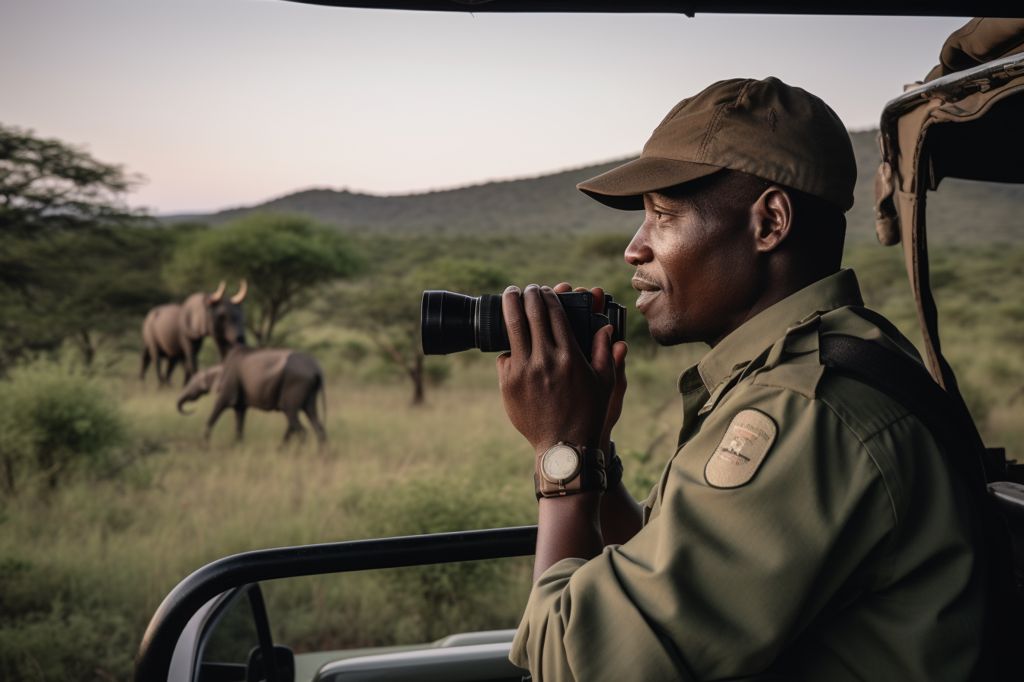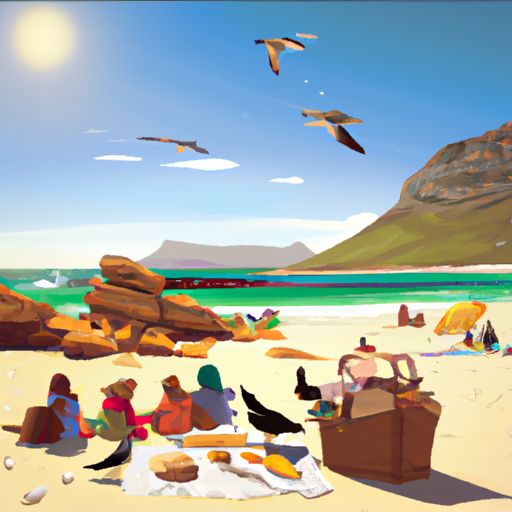South Africa has a diverse population of endangered species, including rhinos, elephants, and crocodiles, facing constant threats from poachers and traffickers. As a response to these crimes, the Stilfontein Stock Theft and Endangered Species (STES) Unit investigates and prevents them in the North West Province.
Recent Arrests and Recovered Animals
The STES unit recently made two significant arrests that led to the recovery of stolen animals. In the first incident, they recovered a Nile crocodile stolen from a farm in Hartebeesfontein. The suspects were arrested for possessing the stolen animal and will face charges in court. In the second incident, they arrested a suspect who owned suspected stolen cattle. These arrests demonstrate the STES’s commitment to protecting South Africa’s wildlife and agricultural sectors.
Collaboration with Community and Officials
The STES unit works closely with Nature Conservation officials, farmers, and community members to gather intelligence and respond to incidents promptly. In the case of the Nile crocodile theft, a tip-off led to the discovery of the animal in an abandoned farmhouse. In the case of the stolen cattle, a shepherd’s alertness and quick action led to the arrest of a suspect.
Importance of Community Involvement
The success of these operations emphasizes the importance of community involvement in combating stock theft and poaching. Farmers, local communities, and law enforcement agencies must work together to protect South Africa’s wildlife and agricultural industries. These crimes harm the environment and affect the livelihoods of farmers and their families.
Continuous Efforts and Vigilance
The STES unit will continue investigating and preventing stock theft and poaching in the North West Province. The public is urged to report suspicious activities or incidents to the authorities. Law enforcement agencies and communities must remain vigilant and cooperate to prevent further environmental and economic damage.












